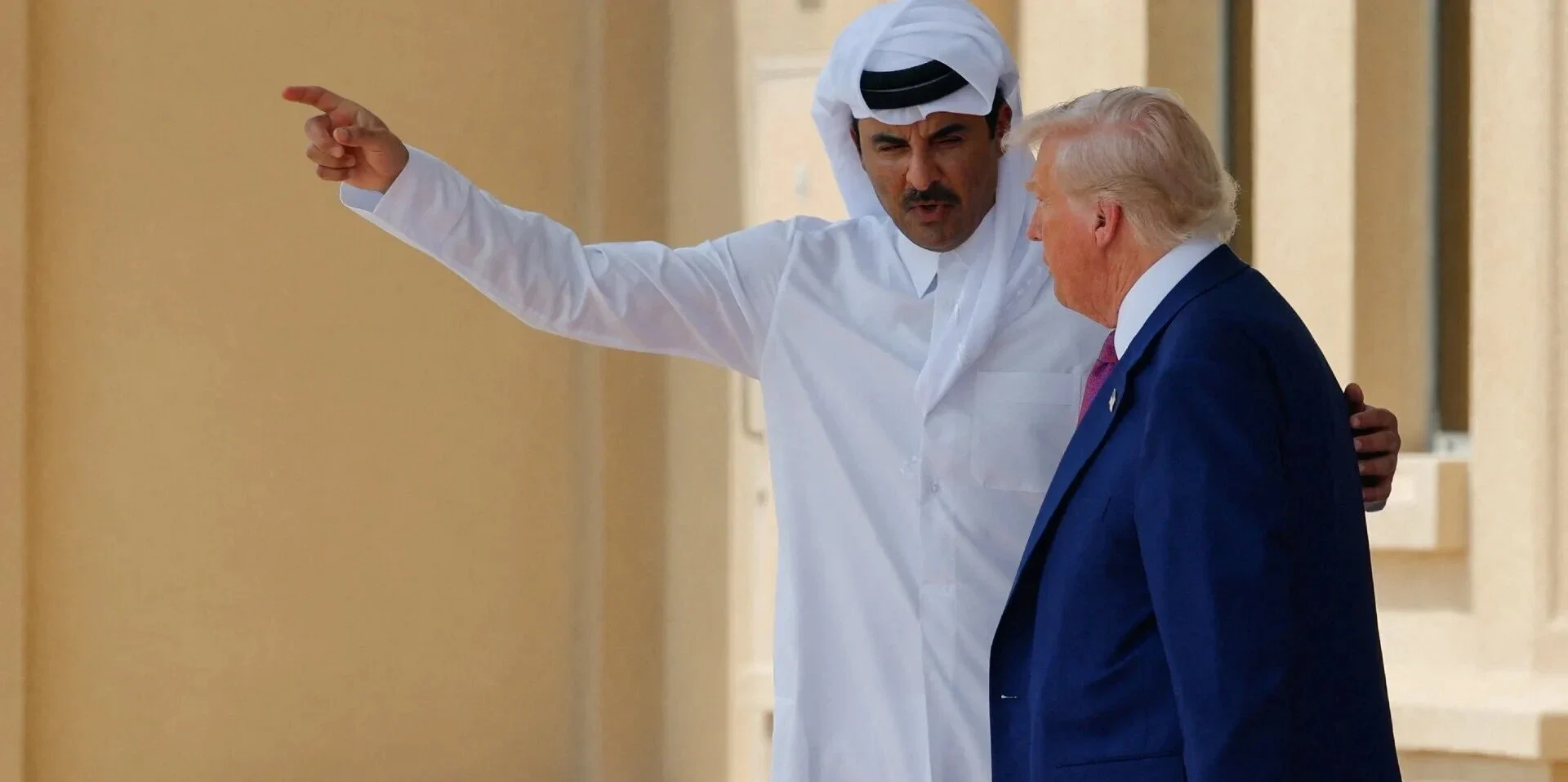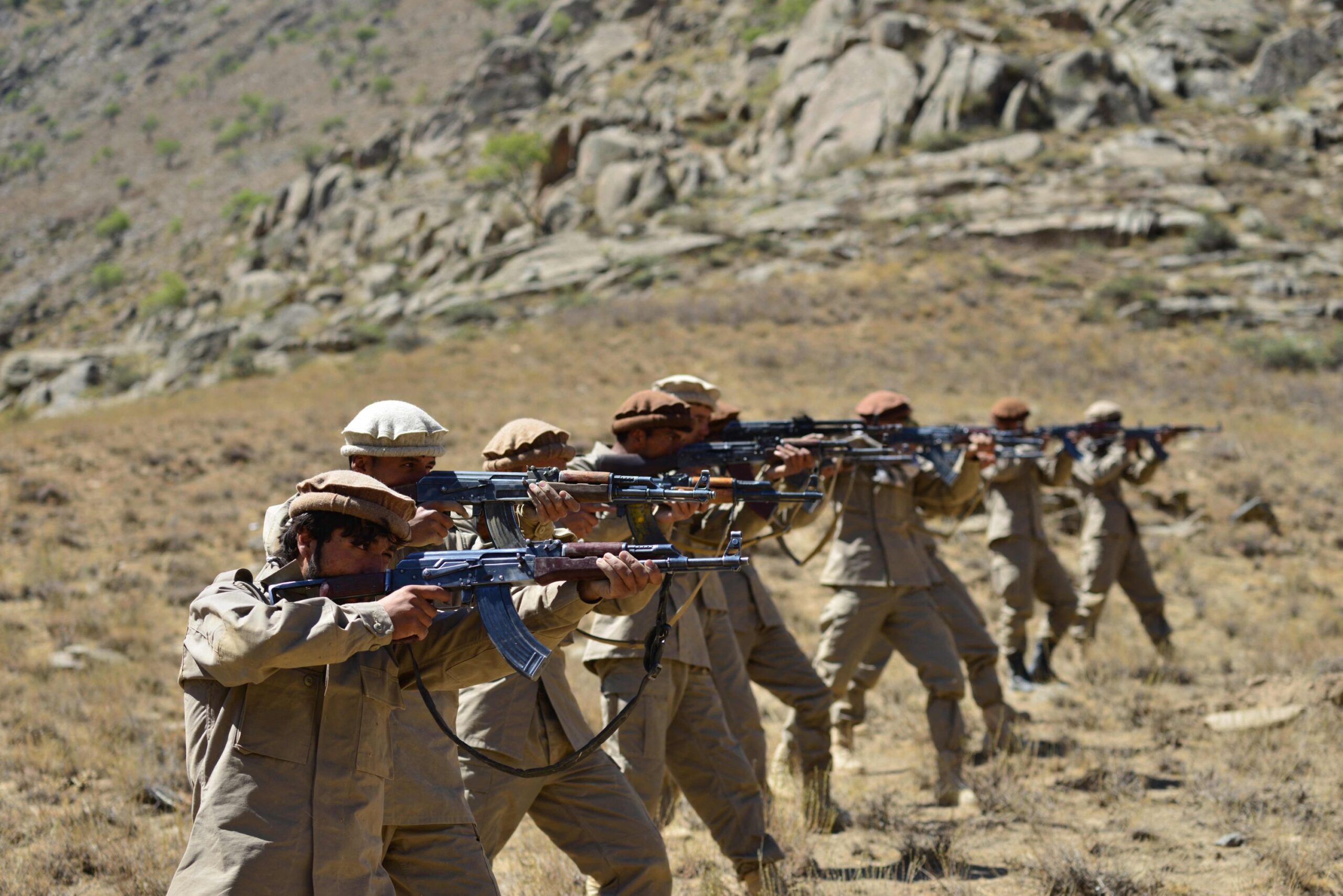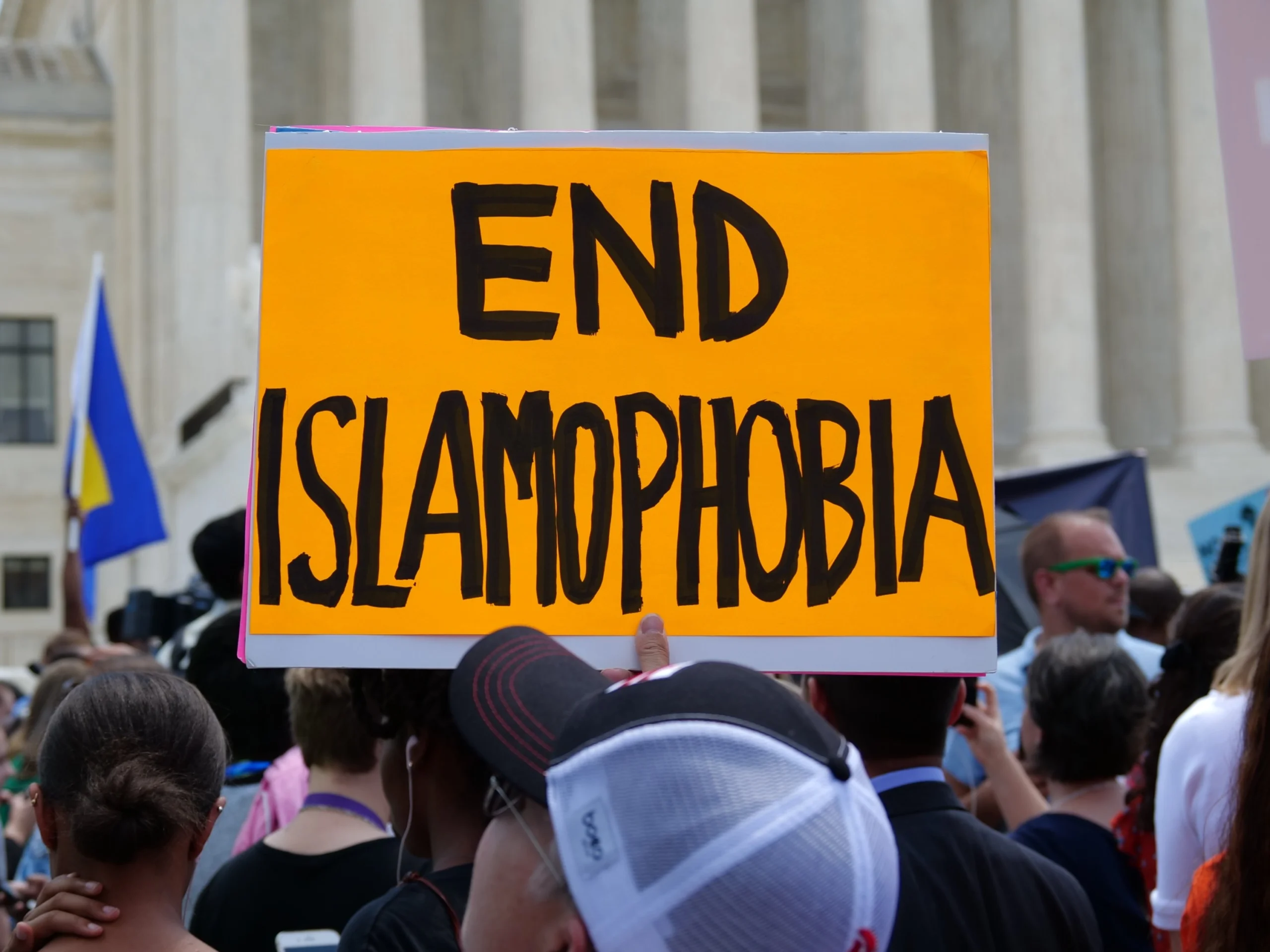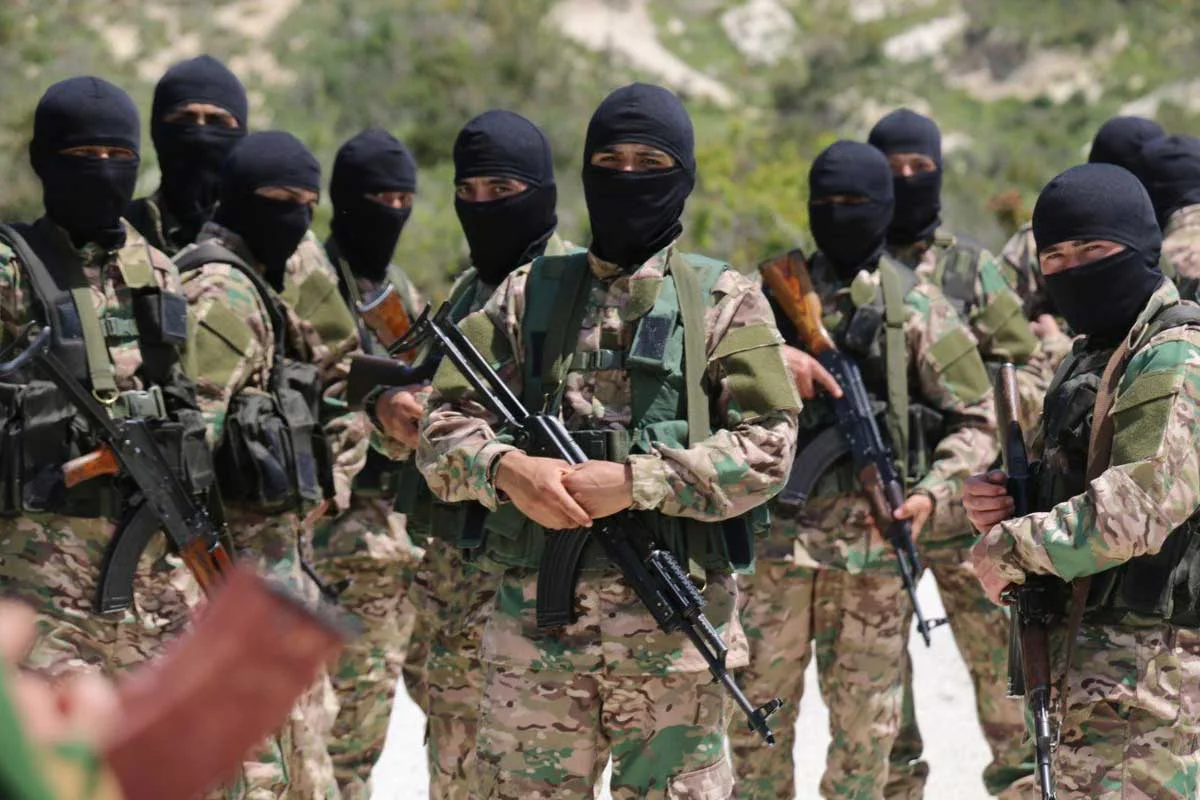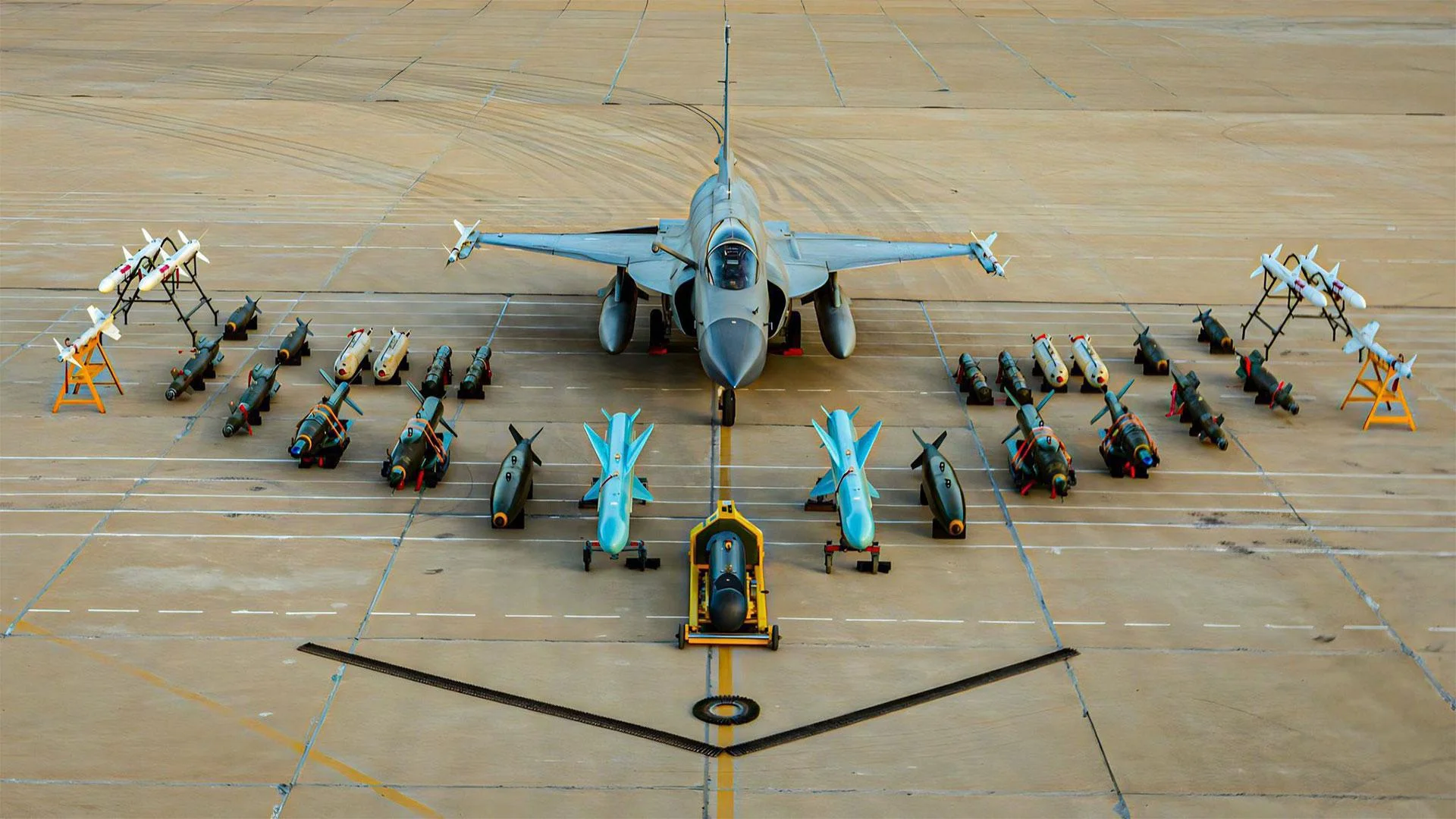In the volatile geopolitical landscape of the Middle East, yesterday’s Israeli airstrike on Hamas’s political leadership in a residential compound in Doha marks a chilling departure from established international norms. Israel has been conducting strikes all across the region for the past two years, but this incident is different due to Qatar’s close strategic alliance with the USA. By targeting the Qatari capital, a nation that hosts the largest US military base in the region and serves as a vital global diplomatic conduit, Israel has dealt another severe blow to the already teetering international rules-based order, ironically guaranteed by the USA, a close ally of both the aggressor and the victim.
Undermining Sovereignty and Peace: A Pattern of Sabotage?
This strike must be viewed through a strategic lens, not merely a tactical one. It is just another step in Israel’s long history of keeping the region in a perpetual state of violence to pursue its ultimate goal of total domination over Palestinian territories and the removal of its population. To pursue these objectives, it is ready to totally disregard global consensus or even the interests of its closest allies.
The timing of the attack particularly reveals Israel’s grand strategy. Reports indicate the strike occurred as Hamas leaders were convened in Doha to consider a US-backed ceasefire proposal. This is not the first time that Israeli military action has seemed to intentionally sabotage global initiatives for the resolution of the Israel-Palestine issue. On previous occasions, when the United States, under various administrations, has brought parties to the negotiating table, Israel has responded with disproportionate force, often eliminating key figures or escalating conflict.
In 2002, when a unanimous solution was presented by 22 Arab countries with backing from Palestinian resistance groups for a two-state solution, offering total recognition for Israel in pre-1967 borders, Israel responded by launching a brutal operation in the West Bank the next day, in which more than 500 Palestinians were killed in four weeks. A similar event occurred in 2008 after the Annapolis peace process. In 2003, Ismail Abu Shanab was killed by Israel during the US-backed roadmap for peace ceasefire. Then again in 2004, Hamas founder Ahmad Yassin and his successor Dr. Abdul Aziz Rantisi were killed within one month of each other, when they were hinting at a readiness for a ceasefire with Israel. In 2012, Ahmad Jabbari was killed during an Egyptian-backed peace dialogue, and in 2024, Saleh Al-Aroouri was assassinated in Lebanon while he was involved in truce talks. Most of these peace processes were either proposed by the US or strongly backed by it, yet Israel has regularly sabotaged them over the years.
This pattern begs another critical, if sensitive, question. Does this dynamic suggest that Israel has become a rogue nation with no regard for international norms, or is the US administration, for all its public statements of frustration, tacitly allowing these actions to proceed, transforming the American role from powerful patron to reluctant accomplice?
The conflicting accounts of Washington’s advance warning to Qatar, with the U.S. claiming to have provided a heads-up and Doha asserting the notification arrived only as the bombs were exploding, underscore a deep-seated ambiguity in the USA-Israel relationship. As the White House Press Secretary stated, “unilaterally bombing inside Qatar does not advance Israel’s or America’s goals.” And yet, it happened, leaving Washington to manage a cascade of diplomatic fallout.
One of the most striking contradictions of this event is that Israel has attacked a country that is not only a close ally of the US but also hosts US Central Command’s forward headquarters at Al Udeid Air Base, home to thousands of American troops. The fact that Qatar, with its deep-seated integration into US and European security architectures, could be attacked with such impunity poses a fundamental dilemma for Washington.
Does the silence from major Western capitals, beyond pro-forma condemnations, signal a tacit approval of Israeli exceptionalism? Or is it a shocking admission that the United States is unable to restrain a key ally, suggesting the rules-based international order is dying?
Qatar’s Strategic Paradox and Role as Mediator
This strike also brings into sharp focus Qatar’s security paradox. It is not a besieged enclave like Gaza, nor is it a state under heavy international sanction like Iran, which sits in the opposite bloc of US interests. It is a global economic powerhouse and a key strategic partner to the US and the West. So why was Qatar seemingly unable to defend itself? While the Qatari Armed Forces possess some of the most advanced military hardware in the world, including a large fleet of Rafale and Eurofighter Typhoon combat aircraft, its small population and limited area mean it fundamentally lacks manpower and strategic depth. This demographic dilemma is particularly pronounced given that ethnic Qataris constitute only a small fraction of the total population in Qatar, approximately 11-12%, around 300,000-350,000 in total, with the rest being foreign workers. Qatar has historically relied on its alliance with the USA and security guarantees from them for its defense.
For decades, Qatar has carved out a unique and often precarious role as a neutral ground for dialogue and a safe haven for groups and figures deemed untouchable by other world powers. This policy has seen Doha host the political offices of the Taliban, the leadership of Hamas, and previously, prominent figures from the Muslim Brotherhood and Chechen opposition. This pragmatic approach has historically been respected by the international community as necessary for maintaining open channels of communication. The most notable exception to this norm was the 2004 assassination of Chechen leader Zelimkhan Yandarbiyev in Doha, an act widely attributed to Russian intelligence and which triggered a major diplomatic crisis. The Israeli strike echoes this rare breach of sovereignty on Qatari soil, raising the question of whether a new, more aggressive standard of impunity is now being set. The attack, therefore, is not a test of military strength but a test of Qatar’s entire strategic identity.
Regional Fallout and the Test of Arab Solidarity
The attack on Doha also has significant implications for broader Gulf security. Qatar is an integral part of the Gulf Cooperation Council (GCC) and has a complex web of relations with its neighbors. The strike, in a region where many Gulf states have been pursuing normalization agreements with Israel under the Abraham Accords, raises serious questions about the long-term viability of those pacts. Will this attack on a fellow GCC member compel other Arab monarchies to reassess their strategic calculations? Or will they remain silent to preserve their own security and economic relationships with Tel Aviv and Washington? This moment will be a litmus test for Arab collective security and the relevance of regional bodies like the Arab League and the Organization of Islamic Cooperation (OIC).
The regional security implications of this event raise another critical question regarding the efficacy of the Gulf Cooperation Council’s collective defense arm, the Peninsula Shield Force. This joint military venture, comprising forces from all GCC members, is intended to deter and respond to aggression against any member state. The Israeli strike on Qatar, a GCC member, presents a direct challenge to the very purpose of this force. Will it now be compelled to act or respond meaningfully, or will it remain as ineffective as its history suggests? The inaction of this collective body would serve as a reminder of the Gulf countries’ dependence on the USA for their defense and the limits of intra-Arab security cooperation, particularly when confronted with an external aggressor closely tied to the West.
In terms of international law, Israel’s strike on Qatar represents a direct violation of the foundational principles of state sovereignty enshrined in the United Nations Charter. By conducting a targeted assassination operation on the soil of a sovereign nation without its permission, Israel has set a dangerous precedent. If a wealthy, internationally-connected nation like Qatar can be attacked with impunity, what hope is there for smaller or weaker states to preserve their territorial integrity? The global double standard is glaring. Had another state, say, Iran or Turkey, conducted a similar strike on Qatar, the Western response would be immediate, severe, and unequivocal. The fact that the same level of outrage and consequence is not being applied to Israel only reinforces the perception that it enjoys an exceptional status, a fact that undermines the entire international rules-based order.
The Economic and Reputational Fallout
Beyond the political and legal implications, the attack carries significant economic risks. Qatar is one of the world’s top LNG exporters, a pillar of energy security for Europe and Asia. Striking a target in the Qatari capital, a global financial and energy hub, sends a tremor of instability through international energy markets. While the immediate economic impact may be contained, the strike introduces a new element of risk into global supply chains. Financial markets despise uncertainty, and this single act has opened a new front in the Middle East conflict with direct, and potentially far-reaching, consequences for global energy prices and economic stability.
The strike is a particularly potent move in the narrative war, and it is here that Qatar has invested most heavily in its global image. The nation’s soft power strategy is multifaceted, and an attack on its capital strikes at the heart of this carefully cultivated identity. This strategy has been built on three key pillars: diplomacy, education, and tourism. In education, Qatar has established a vast Education City that hosts campuses for prestigious US universities like Georgetown, Weill Cornell Medicine, and Carnegie Mellon. In tourism, Doha has emerged as a premier destination, attracting millions of visitors and hosting major events, with visitor arrivals surpassing 5 million in 2024. But the pinnacle of this soft power projection was the 2022 FIFA World Cup, which positioned Qatar on the global stage and solidified its reputation as a modern, capable, and influential state.
By attacking the targets in Qatar, Israel symbolically attacks Qatar’s entire soft power projection model, which has been designed to promote an image of a neutral, safe, and influential ground for discussion.
The Future of a Rules-Based Order
The event not only has significant security implications for the Gulf region, but it also raises questions about the future of the international rules based order. If this is perceived as a failure of the US to enforce international law, it could trigger a new arms race in the region, with some states potentially pursuing nuclear options. Given the multiple ongoing territorial and political conflicts, this would be a recipe for disaster. Where does this leave us? The escalation scenarios are chilling. If Israel is now willing to strike deep into the heart of a close US ally, who is next in line? Could this open the door for similar actions against targets in Turkey? The message to other US allies is deeply unsettling: being a partner and hosting American forces does not guarantee protection from a determined Israel. The international community, from the United Nations to the GCC and the OIC, must respond with a collective voice. This event cannot be treated as a single, isolated incident. Without accountability, without a firm and united stand against the erosion of national sovereignty, the international order will continue to normalize such reckless behavior, leading the region, and potentially the world, into an era of unprecedented danger.

